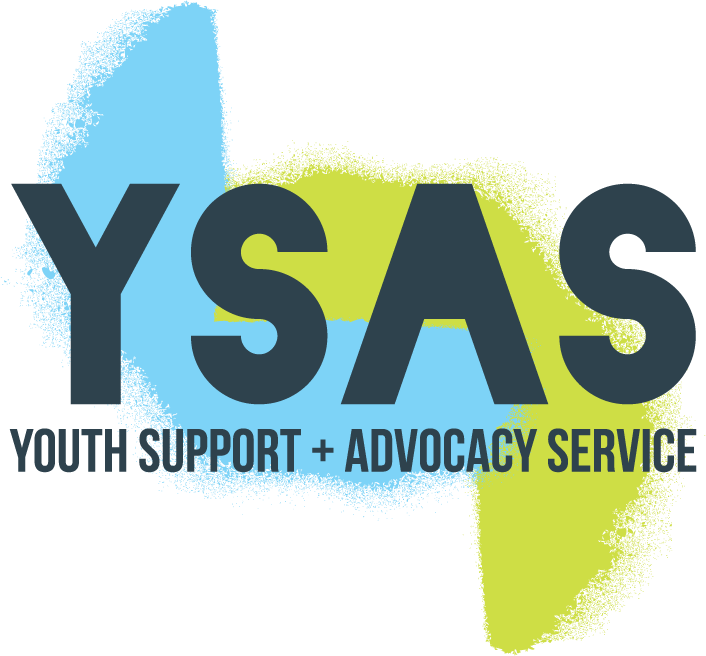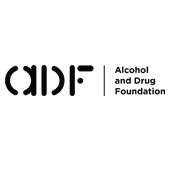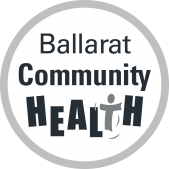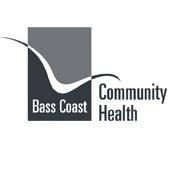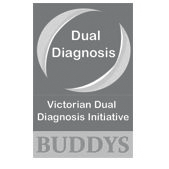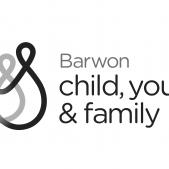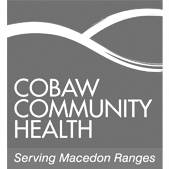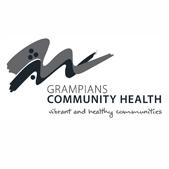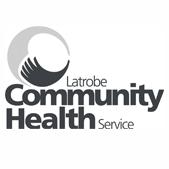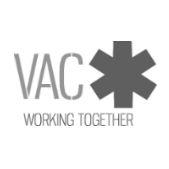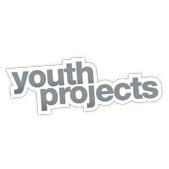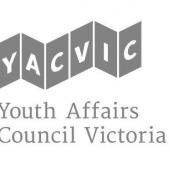Advice for Teachers
Understanding change
It is challenging to work with a young person who is experiencing harm from their drug use but does not want to make the changes that seem necessary. It is not possible to force a young person to be where you would like them to be.
Instead it is best to understand where they are and work from there.
A widely used model (developed by Prochaska and Di Clemente) suggests that change is a cyclical process and it is helpful for you to be able to identify the stage of change that the student is at so that you can be most effective in supporting them.
Pre-contemplation:
The student is not considering making any changes to their substance use and it is likely to be counter-productive to your relationship with them to insist that they do. Here is a time to focus on providing information on reducing harms and to also encourage other pro-social activities that the young person enjoys which do not involve substance use.
Contemplation:
The student sees that there are some negative effects associated with their substance use and is contemplating the prospect of some change. Making a list of pros and cons may be a useful activity as well as providing the young person with information about YoDAA and other services.
Preparation:
The student’s contemplation has led to them preparing for change. This may include speaking to a teacher or wellbeing coordinator, or planning on taking a break from a group of friends. It is important to provide practical assistance (referral, information, etc) as well as encouragement to see the preparation stage transition into action.
Action:
The student takes action to make a change. This may be reducing use, throwing out cigarettes, avoiding people they normally use drugs with, or making a commitment to attend school more. It is very important to help support the student through this to encourage and reinforce the behaviour change. Help the young person prevent relapse by offering referral, support and education about maintaining behaviour change.
Maintenance:
The most difficult stage of change is maintenance. Often young people are discouraged or their expectations of what would come with a substance-free life were unrealistic (i.e. all of their problems would disappear) or it was too challenging to remain committed to the behaviour change. Providing ongoing support and assistance is critical to maintain change and prevent re/lapse.
Lapse and relapse:
It is very normal for a student to lapse or have a slip up and it is important to empower them to prevent this developing into a complete relapse of the unwanted behaviour. Triggers are likely to be parties, sad days and other environments where substance use was typical. Let the young person know that these are triggers for everyone.
This chart summarises the types of support you can offer a young person depending on where they are at and YoDAA’s self-help resources for young people is a great place to find info to share with young people.
When working with a young person through change, it is helpful for you and them to be aware that change is not a neat sequential cycle but instead, young people can move between different stages frequently and in no particular order. It’s also important to understand that there are many important ingredients that foster change, it is not a product of will power.
Explaining this to them helps them to understand that change is influenced by several areas of their life. Doing this helps both you and the student work on promoting factors which are likely to encourage the desired change without placing ‘blame’ on the young person as an individual.
Underpinning all discussions about change should be the continued goal to reduce the harms of any drug and alcohol use as much as is possible for that individual.




